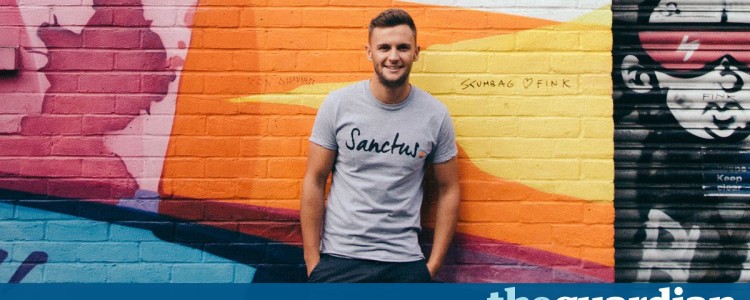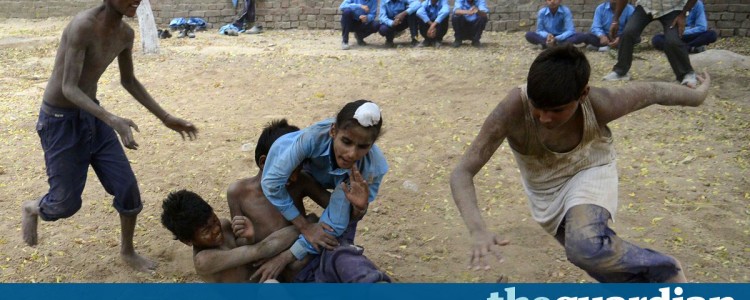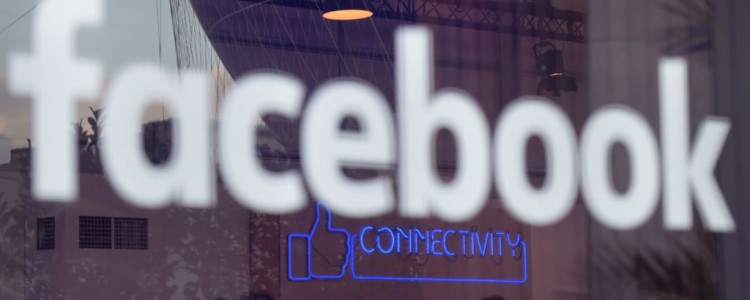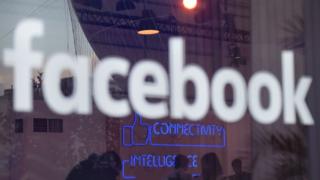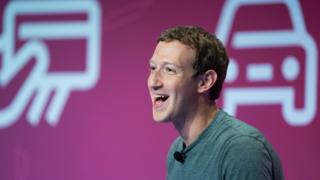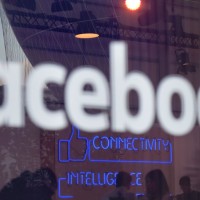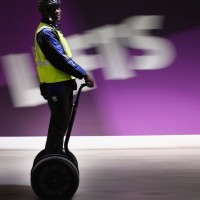Three in four people experience symptoms of poor mental health. On World Mental Health day, employers say it pays to support staff wellbeing

It was James Routledges own battle with anxiety while winding down his first startup that led him to launch Sanctus. He was also experiencing stress, panic attacks and sleepless nights, but didnt feel he could confide in his new colleagues. I didnt talk about it, I didnt want to admit weakness or vulnerability, he says.
Through Sanctus, Routledge offers coaching sessions to businesses to help them improve their approach to mental health. In a small business environment, he says its the founders who must set the precedent. Create a culture where vulnerability is accepted and its OK for people to say: Im not feeling so good, this didnt go so well or Im feeling a little bit stressed. Mental health is not only about the darkness and depression, thats like only talking about obesity and disease in physical health.
A report from Business in the Community (BITC) found that mental health is still shrouded in a culture of silence and stigma in UK workplaces. Of the 20,000 people surveyed, three in four said they had experienced symptoms of poor mental health at some point in their lives.
At that scale, the impact on business is, unsurprisingly, significant: the estimated total cost to employers is 26bn per year, according to the Centre for Mental Health. But its research shows that 8bn of that could be saved by employers taking simple steps to manage mental health in the workplace.
The BITC report reveals a clear discrepancy between how workers and business leaders think the issue is handled: 60% of board members felt their organisation dealt well with mental health, but only 11% of workers had recently discussed mental health with their line manager. So why are employees keeping their difficulties hidden?
I think theres a perception that someone with mental health issues is weak and that they will use it to not work, says Natalie Weaving, director at digital marketing agency, The Typeface Group. Weaving heads up a small team of three employees and three contractors. Among them is copywriter Shannon Valentine, who is 20. Valentine has mental health conditions including anxiety, depression and obsessive compulsive disorder (OCD), but, unlike many others, she regularly talks to her boss about her mental health.
Valentine told Weaving about her mental health conditions after a few weeks in the job. Valentine was coming off antidepressants and was experiencing physical side effects. She says that Weaving noticed and guessed the cause. I have a tendency to worry about silly things, which she noticed too, Valentine says. Now she feels comfortable discussing it in the office and says practical changes, such as flexible hours, are a great help.
Today, if Valentine is going through a rough patch, she and Weaving agree on one of her preferred coping mechanisms, whether thats taking the day off and making up the time at a later date, or simply going for a walk. Working with Shannon has really opened our eyes, Weaving adds.
It should be noted that under the Equality Act 2010, employers cant ask a candidate about their health until they have offered them a job. However, managers need to be open about mental health if they are to effectively support staff, says Madeleine McGivern, head of workplace wellbeing programmes at mental health charity Mind. When someone starts in a role [its a good idea to have] a conversation about what keeps them well at work and what signs to look out for if theyre doing less well, so that people can step in early [to help].
Encouraging all staff to talk about their mental health works well for Stuart Gray. He owns four small businesses based in Warwick, including Portus Consulting, all of which are in the employee benefits industry. The number of staff in his businesses range from 12 to 45. During regular one-to-one meetings, line managers in Grays businesses ask staff how stressed work is making them feel on a scale of one to 10.
Its about trying to get them to open up, Gray adds. If a staff member feels stressed at a level of seven or above then the manager will try to get to the bottom of why that is and see if their workload needs to be lightened.
Additionally, Grays management team aims to pick up any clues that an employee might be experiencing mental health difficulties, from a lack of engagement to a long-term change in mood. His line managers have taken part in training to help them spot mental health conditions in staff.
Developing this awareness helped Grays managers identify that a senior member of staff had depression. They were quite emotional on occasion, particularly if it was a really busy day and there was pressure on a deadline. My CEO explored the situation and it wasnt work that was the problem, it was stuff that was happening outside that was affecting their ability to work effectively and cope with that. Due to the size of the business, and an insurance policy that covers days lost to ill health, Gray was able to support the staff member with around three weeks of paid leave. He adds that all company projects are a team effort, and other staff were able to pick up the work that was left behind.
McGivern says that providing support doesnt need to be costly. Its most important that theres a culture of communication, she says. She does suggest investing in training for staff, through programmes such as Mental Health First Aid (for which course costs can range from 77 to 300 per person) to teach people how to identify, understand and help a person who may be developing a mental health issue.
Simple adjustments to workplace culture such as approving flexible hours, making sure staff take their breaks and encouraging them to get involved in decision-making and planning their own workload as much as possible can all help better support the team, no matter the size of the organisation. You dont need to have an HR department to support someone with a mental health issue, but you do need to have line managers who are aware of mental health problems, McGivern adds.
Its a bit of a misnomer that people who have mental health problems cant function in fast-paced or stressful environments. In fact, a lot of people, with or without mental health problems, thrive in those environments because small amounts of stress can heighten our performance. Its just about giving people support.
Sign up to become a member of the Guardian Small Business Network here for more advice, insight and best practice direct to your inbox.
